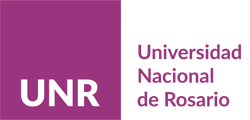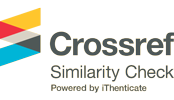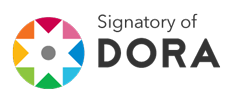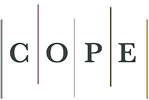Universitary decentralization in Uruguay. The attempts to create a University in Salto.
DOI:
https://doi.org/10.35305/ac.v10i10.441Keywords:
University, History, University decentralizationAbstract
The purpose of this paper is to analyze the origins of a large local social movement in the city of Salto, propitious to the creation of a University located in that area. In the local imaginary this movement represents a revitalizing factor of integral and independent development of that area. For this reason, several social organizations, associations of students, parents and teachers, with the support of public authorities, have begun negotiations with both national government and University to get political support, especially financial resources to make it possible. The text focuses on two moments that set the course of this project in the subsequent decades: the placing of the cornerstone of the North University in 1948 and the implementation in 1957 of free courses for first and second year of Law from the Public University. The initiatives which subsisted in the following decades have demonstrated the limited room for movement that local actors had to accomplish them. Its concretion depended on achieving the necessary political support, especially from the central government, as well as from the UDELAR, the only University existing in Uruguay so far. Despite the persistent local pressure, the possibility of decentralizing the higher education was neither incorporated into the public agenda nor included into the main university discussions until the sixties. However, the pressure applied encouraged the Public University to arise with greater emphasis to increase its presence inside the country.
Downloads
Downloads
Published
How to Cite
Issue
Section
License
Avances del CESOR ratifies the Open Access model in which the contents of scientific publications are fully available for free on the Internet, without temporary embargoes, and whose publishing costs are not transferred to the authors. This policy aims to break the economic barriers that generate inequities in access to information, and publication of research results.
Authors retain the copyrights of their papers and grant the journal right of first publication with the work simultaneously licensed under a Creative Commons that allows others to share the work with an acknowledgement of the work's authorship and initial publication in this journal.



















































